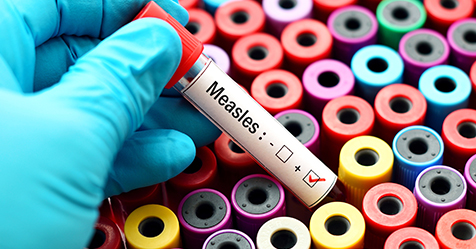Superbug From Man’s Wound Able to Feed on Hospital Plastic
A recent discovery published in Cell Reports found that a dangerous hospital superbug can digest plastic used in some sutures, stents, surgical mesh, and implants inside the body. The finding challenges the widely held belief that pathogens cannot degrade medical plastics, reports Brunel University of London.
Researchers from Brunel University of London, working with a patient-derived strain of Pseudomonas aeruginosa, a group of bacteria responsible for most hospital infections that can resist antibiotics, discovered that the pathogen dismantles biodegradable plastic standard in modern medicine. By turning the plastic into food, the microbe may cling more stubbornly to devices and linger longer on ward surfaces.
The researchers said infection preventionists must reconsider how pathogens live in hospital environments. For example, plastics, including plastic surfaces, could be food for these bacteria. Pathogens with this ability also have the potential to survive longer in the hospital environment.
The researchers isolated the enzyme, named Pap1, from a strain of Pseudomonas aeruginosa originally sampled from a patient’s wound. Tested in the lab, the enzyme degraded 78% of a plastic sample in seven days. Crucially, the bacteria could also use the plastic as its only carbon source — effectively eating it.
Researchers said this plastic-digesting power also makes the superbug more dangerous. The team proved that the broken-down plastic fragments helped it form stronger biofilms or communities of microorganisms, like bacteria, that stick together. Biofilms help bacteria overcome antibiotics and make infections harder to treat.
Pseudomonas aeruginosa is on the World Health Organization’s critical priority list for new treatments and is a major cause of catheter-related urinary tract infections and ventilator-associated pneumonia, both of which involve plastic-based medical equipment.
The researchers said the implications go beyond one type of plastic, as their preliminary findings showed that other pathogens affect other types of plastics.


